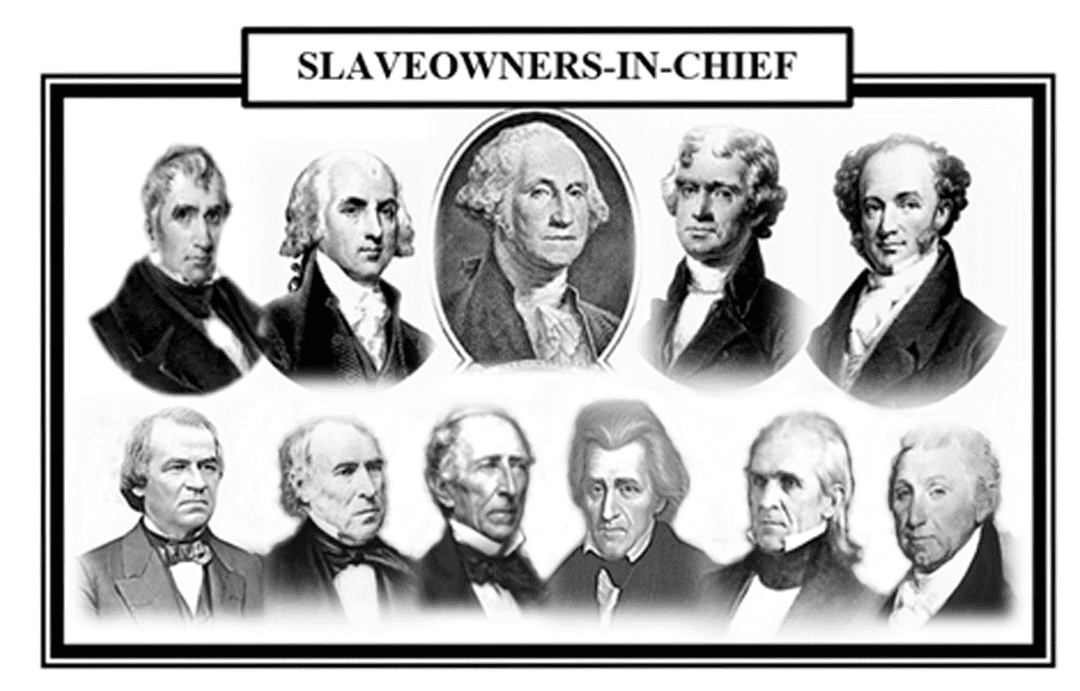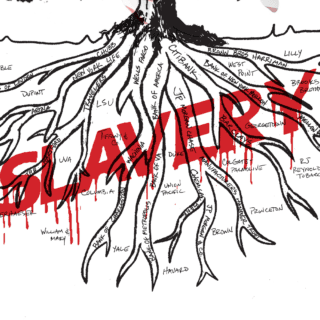Slaveowners-in-Chief Spotlight
Slaveowners-in-Chief Spotlight: Thomas Jefferson
Thomas Jefferson, a Founding Father and the third President of the United States, occupies a significant place in American history. However, it is imperative to confront the undeniable truth about his role as a slaveowner. This spotlight aims to shed light on Thomas Jefferson’s ownership of over 600 enslaved individuals and the complex moral and political dilemmas that shaped his legacy.
Born into a prominent Virginia family in 1743, Jefferson inherited a substantial number of enslaved individuals from his father’s estate. As he grew older, his slaveholdings expanded, reaching a staggering count of over 600 men, women, and children. This extensive ownership underscored the fundamental contradiction between Jefferson’s rhetoric of liberty and the reality of his involvement in one of the gravest human rights violations in American history.
Thomas Jefferson’s ownership of enslaved individuals directly contradicted the principles he articulated in the Declaration of Independence. Penned by his hand, these immortal words declared that “all men are created equal” and are entitled to “life, liberty, and the pursuit of happiness.” Yet, like America, this profound irony casts a shadow over his reputation, exposing the hypocrisy within his actions.
Moreover, Jefferson’s relationship with slavery extended beyond mere ownership. Historical evidence suggests that he engaged in sexual relationships with some of his enslaved women, most notably Sally Hemings. This aspect of his life highlights the deeply imbalanced power dynamics and exploitation inherent in the institution of slavery.
Throughout his political career, Jefferson navigated the complexities of slavery and its place in the American republic. While he privately expressed misgivings about the institution, he ultimately failed to take decisive action to dismantle it. As President, he presided over the expansion of the United States through the Louisiana Purchase, which not only increased the nation’s territorial reach but also introduced more enslaved individuals into its borders.
Jefferson’s proposed solutions to the issue of slavery, such as colonization and gradual emancipation, were insufficient in addressing the urgent need for immediate freedom and equal rights. These proposals fell short of the transformative changes required to dismantle the oppressive system he benefited from and ensure justice for all.
The legacy of Thomas Jefferson serves as a stark reminder of the complexities and contradictions within the history of the United States. It compels us to confront uncomfortable truths about our past and recognize the enduring struggle for racial equality. By acknowledging Jefferson’s ownership of over 600 enslaved individuals, we are compelled to critically evaluate the actions and legacies of historical figures, even those who played pivotal roles in shaping the nation.
As we continue to grapple with the legacy of slavery and its ongoing impact, it is essential to have honest and nuanced discussions about the past. By examining the lives of individuals like Thomas Jefferson, we gain a deeper understanding of the challenges faced in the pursuit of freedom and equality. It is through this reflection that we can strive for a more inclusive and just society, where the principles of liberty and equality are extended to all, regardless of their race or background.



